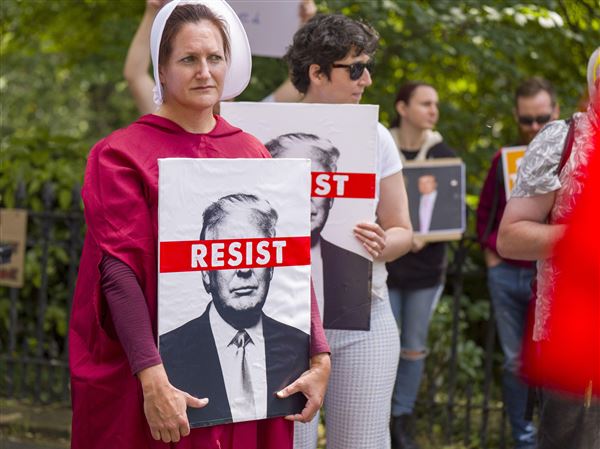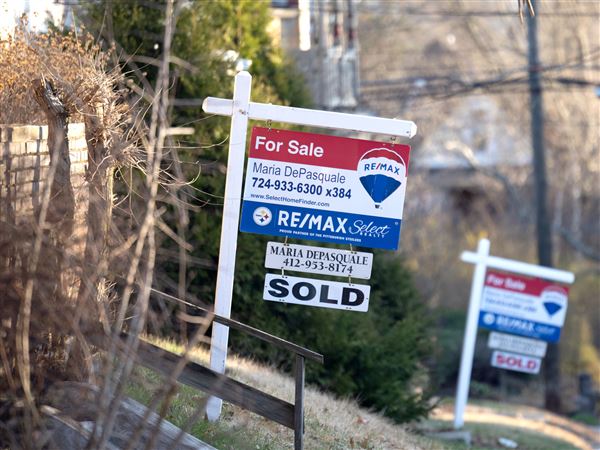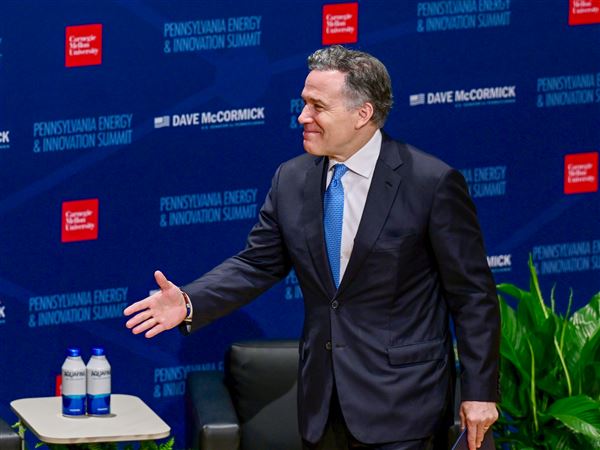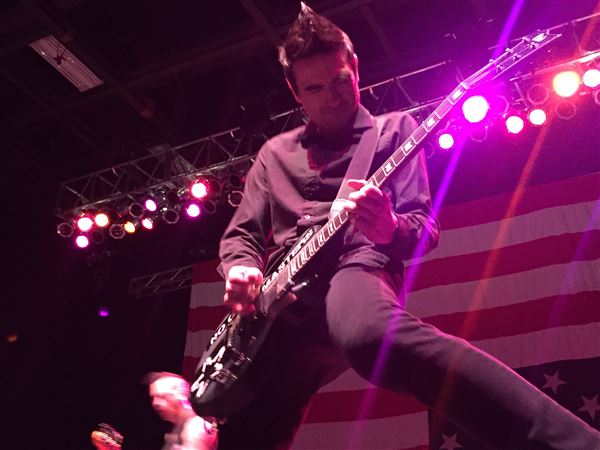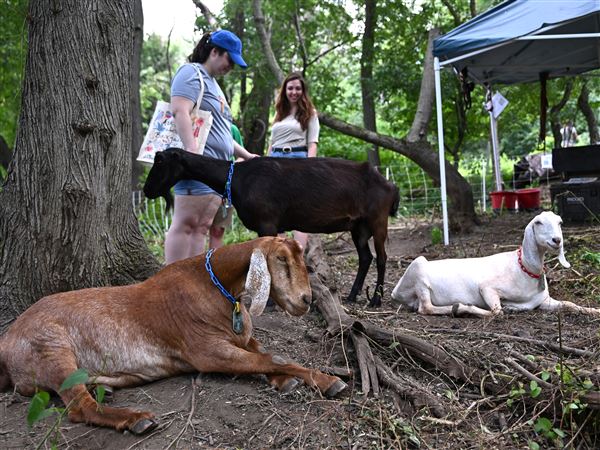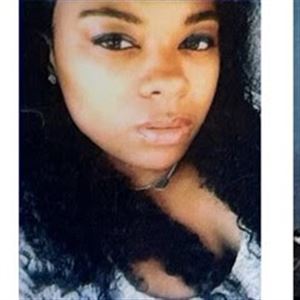Starting on his 70th birthday in 2002, John Updike wrote a poem for the occasion. He missed his final birthday -- March 18, 2008 -- by a month. Dated April 14, "A Lightened Life" reveals the writer's awareness of his mortality.
He can't open the gas tank door on his car or remember an action on his computer to add an accent mark to "fin-de-siecle, one of my favorite words.
By John Updike
Knopt ($25)
"What's up? What's left of me?" he wonders.
Very little time, as it turned out. Updike died Jan. 27, living only a few months after he was diagnosed with lung cancer. A writer to the end, he continued to work on his verse from his bed in a Massachusetts hospital. His family permitted his longtime editor, Knopf, to collect it in this slim volume, along with those birthday poems and others written in the latter part of his life.
"Endpoint" is a distillation of Updike's enormous output, starting in 1958 with the poetry collection "The Carpentered Hen." The acute, almost obsessive sense of detail that distinguished his fiction as well as a particular stoicism, which he attributed to his Lutheran upbringing in Pennsylvania's Berks County are here in miniature.
He come to terms with the gravity of his health with the reaction of a man learning his car needs a new tire:
A wake-up call? It seems that death has found
the portals it will enter by: my lungs,
pathetic oblong ghosts, one paler than
the other on the doctor's viewing screen.
The poem, "Oblong Ghosts," quickly turns from the devastating news to the writer's satisfaction with the presidential election, comparing his feeling to "Christmas Day in Shillington," his childhood home.
A month before Updike died, he reports on the results of a biopsy:
"Days later, the results came casually through:/ the gland, biopsied, showed metastasis."
Few writers in recent memory have written so clinically and accepting of their closeness to death, yet there is a quiet undertone of poignancy to Updike's resignation.
He yearns for his life as a child, the son of a school teacher and a would-be writer with grandparents nearby.
"Perhaps / we meet our heaven at the start and not / the end of life," he wonders, then concludes:
I had to move
to beautiful New England -- its triple
deckers, whited churches, unplowed streets --
to learn how drear and deadly life can be.
These "Endpoint" poems make up a small portion of a rather motley collection of Updike's poetry, a pursuit that readers and critics often undervalued. In many of these works can be found a stunning phrase, a combination of words creating a striking image in what otherwise are banal observations, as in "Colonoscopy" or a sonnet about the contents of Helen of Troy's bowels.
His nature poetry has echoes of the best of Robert Frost, while his brief moments of personal insight sting with their terrible honesty:
I drank up women's tears and spat
them out
as 10-point Janson, Roman and ital.
Finally, the author of more than 50 books and hundreds of reviews and essays, wonders, with his Pennsylvanian's sense of modesty, about his own impact on the world of his writing, something he called "a bloodless universe of inked imaginings":
A life poured into words -- apparent waste
intended to preserve the thing consumed.
For who, in that unthinkable future
when I am dead, will read?
This is the kind of death a dedicated writer fears the most -- obscurity and neglect. I will wager that it's not the fate that awaits the writing of John Updike.
"ENDPOINT AND OTHER POEMS"
By John Updike
Knopf ($23)
First Published: May 10, 2009, 4:00 a.m.

